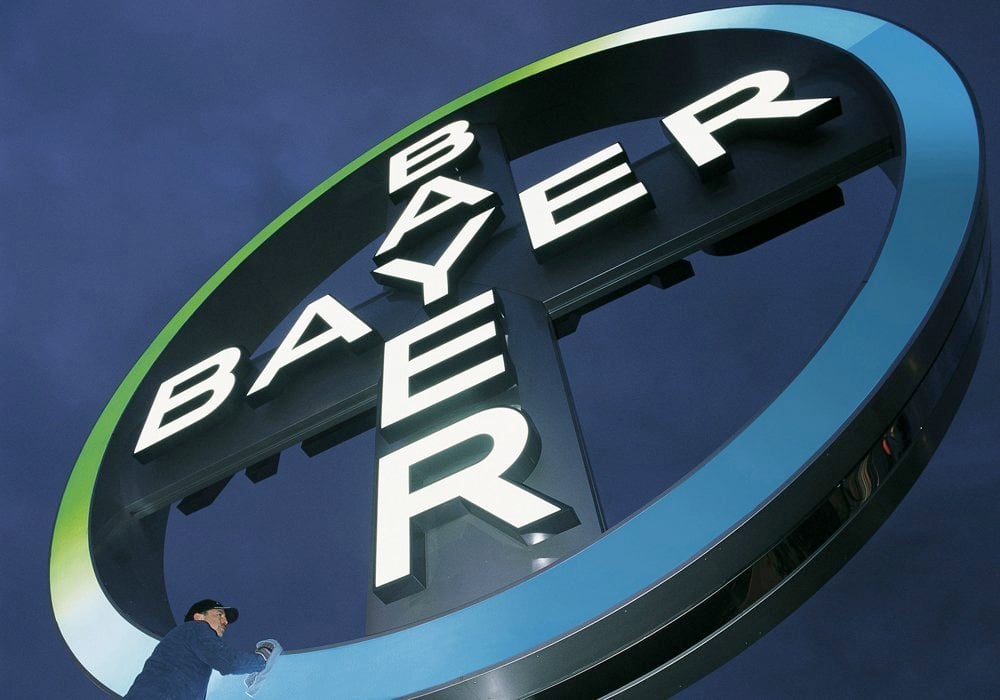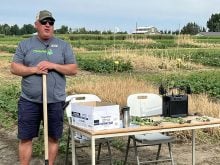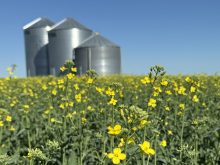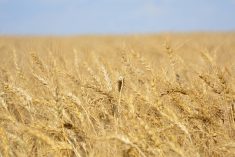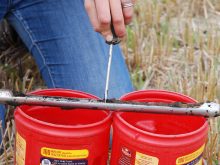Company’s crop science division has underperformed in recent years as it dealt with aftermath of Monsanto purchase
FRANKFURT, Germany — Bayer recently announced that Liam Condon, head of its crop science unit, which includes Monsanto, will quit at the end of the year following disappointing results.
The maker of pharmaceuticals and agricultural supplies said Condon wanted to pursue other career opportunities, and Rodrigo Santos, the crop science division’s chief operating officer, will take over from him on Jan. 1.
The news came as Bayer increased its overall group earnings guidance, helped by demand for its non-prescription pharmaceuticals and better-than-expected sales of eye drug Eylea.
Read Also

AI expected to make itself felt in food systems
Artificial intelligence is already transforming the food we eat, how farmers produce it and how it reaches the consumer, experts say
The crop science division, however, has underperformed in recent years as Condon led it through tumultuous times, including the $63 billion takeover of U.S. seeds giant Monsanto.
Orchestrated in 2016 by Condon’s boss, chief executive officer Werner Baumann, the takeover later burdened Bayer with billions of dollars in legal costs over claims that Monsanto’s main herbicide causes cancer.
Bayer last year fell behind its closest rival Corteva in the U.S. market in a race to launch new soybean seeds that resist certain herbicides. Crop science earnings in the second quarter of this year were burdened by rising raw material costs.
Trying to contain the litigation over herbicide Roundup, Bayer in August filed a petition with the U.S. Supreme Court to reverse an appeals court verdict that upheld damages to a customer blaming his cancer on the glyphosate-based herbicide.
Baumann last year won a contract extension until 2024, but he said at the time that due to personal plans he had opted for a shorter term than was initially offered to him.
Chair Norbert Winkeljohann thanked Condon for having “successfully led and strategically transformed the crop science division,” but Bayer gave no further reasons for his departure.
The company also reported that third-quarter earnings before interest, tax, depreciation and amortization before special items rose 16.4 percent to US$2.41 billion, surpassing an average analyst forecast of $2.25 billion.
This was mainly due to prescriptions of Eylea, a treatment to avert blindness, gains at the group’s unit making non-prescription remedies and at crop science. The bulk of the agriculture unit’s annual earnings are generated during the first half of the year, when farmers in the Northern Hemisphere typically purchase seeds and pesticides.
The group said full-year adjusted earnings per share were now expected to come in at between at $7.50 and $7.70, when excluding currency swings. That is up from $7.39 in 2020 and compares with a previous target of $7.40 to $7.60.



